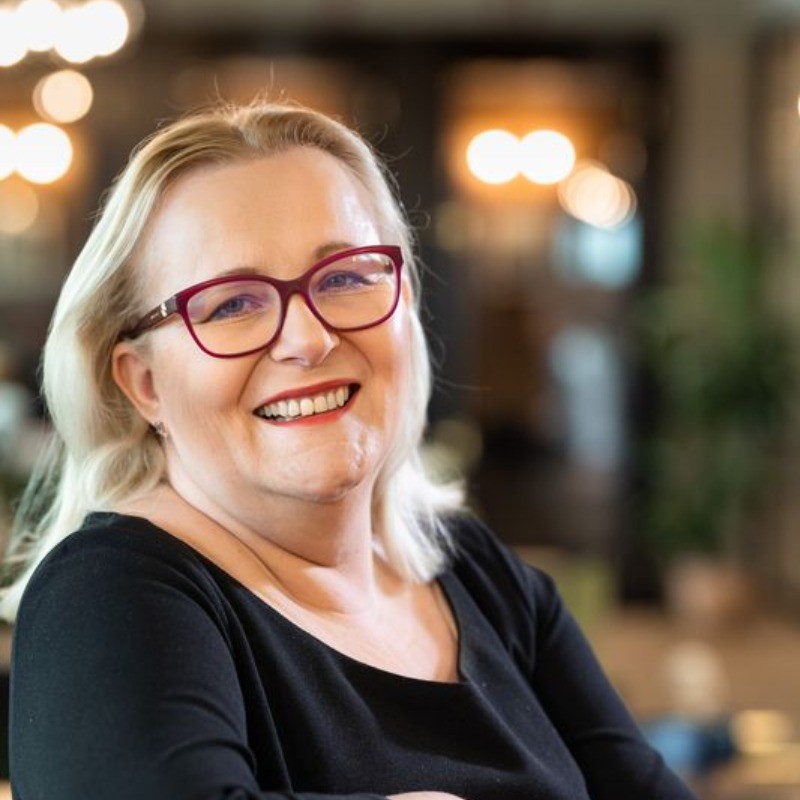
By: Beata Zukowska, Project Director
This year’s ESMO Congress attracted more than 37K participants across five days of data and debate. Precision oncology, immunotherapy, and patient-centered endpoints were key topics along with global equity and survivorship.
For sponsors there was an understanding that innovation is accelerating, and success will favor teams that combine considered trial design, biomarker strategy, and collaboration across regions.
Day 1 — Precision oncology and patient outcomes
Opening sessions discussed the maturation of molecular profiling across tumor types. ctDNA-guided therapy featured in escalation/de-escalation strategies, while AI-assisted diagnostics supported faster interpretation of complex datasets. Several speakers spoke about how inclusive trial design improved the ability to translate to real-world populations and called for consistent use of patient-reported outcomes (PROs) and quality-of-life (QoL) measures to assess not only how long patients live but how well they live.
Day 2 — Immunotherapy and novel targets
Immunotherapy remained central. Anti-TIGIT readouts were at the core of a reignited discussion about biomarker selection and rational combinations. Mechanistic sessions on T-cell exhaustion and checkpoint modulation reinforced that durable benefit depends on aligning biology, dose, and sequence. Antibody–drug conjugates (ADCs) drew sustained interest, with encouraging data across bladder, breast, and lung cancers and a reminder that translational planning for target, payload, and linker drives outcomes.
Day 3 — Radiopharmaceuticals and next-gen modalities
Some interesting discussions around Radioligand therapy, and how it has advanced with encouraging Pluvicto data in metastatic prostate cancer and growing exploration in earlier lines. Some panels on next-generation ADCs and bispecific antibodies highlighted the need for adaptive designs, dose-optimization, and real-time biomarker monitoring to manage safety while preserving efficacy.
A common point being driven home in these discussions was that new modalities require new methodologies, meaning that operational bravery could bring benefits to organizations willing to explore new possibilities.
Day 4 — Global oncology and health equity
Global speakers focused on designing trials that are scalable across geographies and aligned to local standards of care. Discussions covered regulatory convergence where feasible and the role of digital health in screening, follow-up, and data quality in underrepresented regions. The agenda extended into some interesting areas of discussion around survivorship, including mental health, social determinants of health, and long-term support.
Day 5 — Future directions and strategic planning
Looking ahead, programs are moving toward multi-modal regimens that combine immunotherapy, targeted agents, and radiopharmaceuticals. Sponsors are adopting adaptive and platform designs and integrating predictive analytics to refine eligibility, stratification, and operations in real time. Planning for sequencing, pharmacodynamics, and safety management early will be critical.
What sponsors should do now
- Design for diversity and scalability. Plan cohorts that reflect real-world populations; align operational workflows to regional standards of care.
- Integrate patient-centered endpoints. Build PROs, QoL, and survivorship into objectives and statistical plans from the start.
- Leverage biomarkers and AI. Use molecular profiling and predictive models to guide enrollment, dosing, and combination sequencing, but keep a human in the loop to ensure quality.
- Plan for combinations early. Employ adaptive and seamless designs to evaluate sequence, synergy, and safety across modalities.
- Invest in translational research. Align tissue/ctDNA sampling, assay readiness, and data integration to accelerate regulatory-grade insights.
ESMO 2025 reinforced that smarter trial design and decision-ready data now differentiate successful programs. With deep oncology experience across Europe, North America, and APAC, Novotech partners with sponsors to execute complex, multi-modal trials with integrated biometrics, regional feasibility, and reliable delivery.
Talk to an expert about your next oncology study: https://novotech-cro.com/talk-to-an-expert







